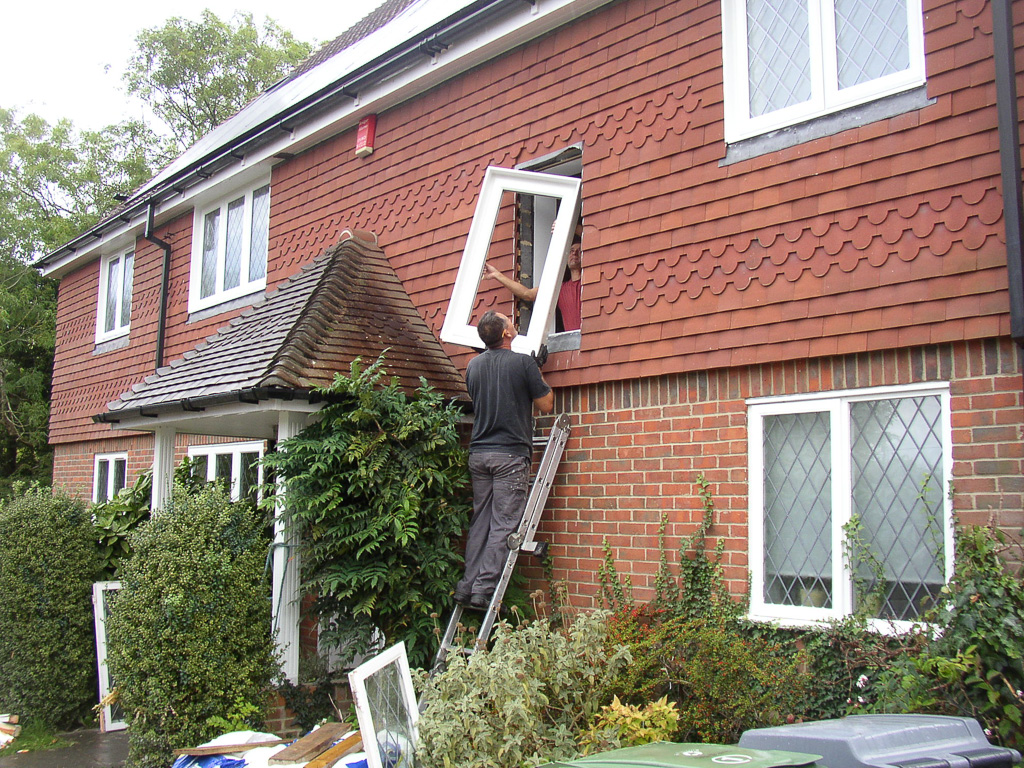Do you need extra Insurance?
Do you need extra Insurance?
Insurance may not be top of your to-do list, especially when other costs are starting to mount up. But you need to be aware of the different types of insurance, when you might need it and what it covers.
The insurance industry is keen for new sales and will point out all the terrible disasters that might befall your building project – fire, flood, burst pipes, break-ins, and theft. But do you really need to fork out for extra insurance? We look at some of the options.
Home and contents insurance
People often assume their home insurance covers their property during building works. In fact, some may exclude alteration and renovation projects. It’s important to tell your existing home and contents insurer about your home extension plans.
You may have to pay more for your insurance during and after the work, depending on the size of extension. Adding rooms to your property may bump up your premiums as it would cost more to rebuild your home but any work that involves knocking down walls or chimneys, electrics or plumbing can seriously damage your property. There is also the extra security risk from scaffolding. If you don’t tell your insurer about your plans and there is a problem, the terms of your home insurance may be invalid.
Renovation and extension insurance
This is sold separately from home and contents insurance and is designed to cover all the things that might go wrong while your building work is being carried out. During this time your home may be exposed to the elements, vulnerable to theft and run by contractors, insurance companies say.
While most reputable builders will have insurance to replace work that’s destroyed before it is finished, it’s worth checking to see if it protects you in all circumstances. Exemptions might include “application of heat” from a blowtorch or grinder, demolition and damage to your existing building.
If a fire broke out, burning your extension down it may not be possible to make a claim if ‘application of heat” is excluded and a blowtorch sparked the blaze.

Public liability Insurance
Remember to ask your builder if they have insurance to cover you and them if someone is hurt or your neighbour’s property is damaged. For example, a roof tile falling and hitting a neighbour on the head. If a contractor doesn’t have insurance and someone is injured or their property damaged, it could spark a claim against you as their employer. You may have to pay to fix things or go to court and pay damages and legal fees. If they don’t have any you might want to consider getting your own cover,” says Citizens Advice
Employers’ liability insurance
Contractors who are working through a company are legally obliged to have this type of insurance. They are breaking the law if they don’t, say Citizens Advice. It covers you and the company if they’re hurt on the job. For example, if a builder falls off your roof.
Site insurance
This is a specialist insurance, also known as Contractors-all risk Policy. It’s designed to cover building projects such as home extensions. They normally protect against physical loss and damage to works and site materials. But it’s a good idea to check with your builder in case there are exclusions.
Structural warranty
Put simply, a structural warranty is insurance for the structure of your home. This is a policy that is designed to protect against defects in new buildings, usually for ten years after completion. It covers design, workmanship, materials used, weatherproofing and drainage. A contractor may offer to sell you one of these. Remember to check if it covers finishing or fixing the work if the contractor does a bad job or goes bust. The warranty provider checks the construction to make sure there is no substandard workmanship or materials – that could lead to future claims. Defects have to be corrected before the cover is given.
Structural warranties are usually recommended for people buying or converting new homes. If you are converting a loft or extending your home, a structural warranty may not be necessary. Home extensions will need to comply with Building Regulations which should ensure they are structurally sound. Read our guide Building Regulations a must-have (link to article). Your contractor and other trades must carry out the work with reasonable care and skill. Those are your rights under the Consumer Rights Act 2015. If they don’t, you can ask them to redo the work or refund some of the cost without extra insurance.
